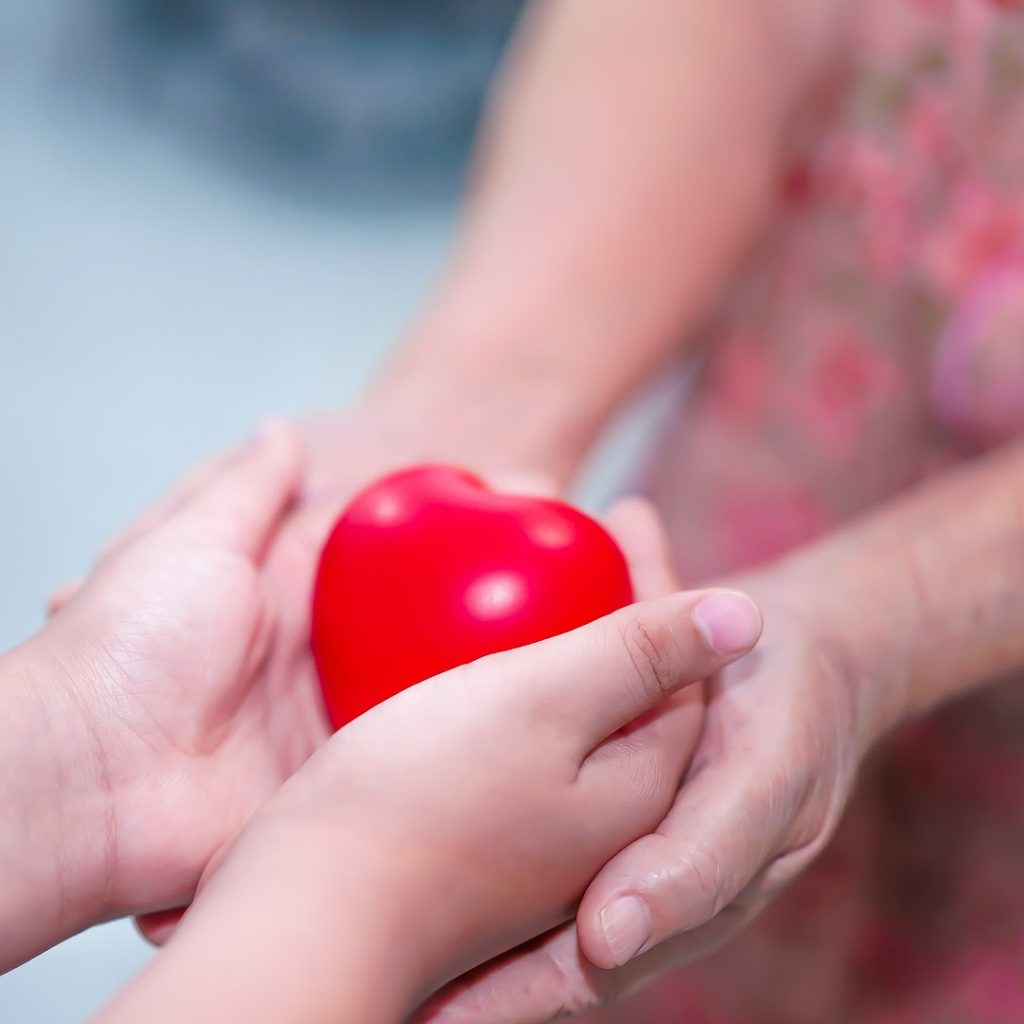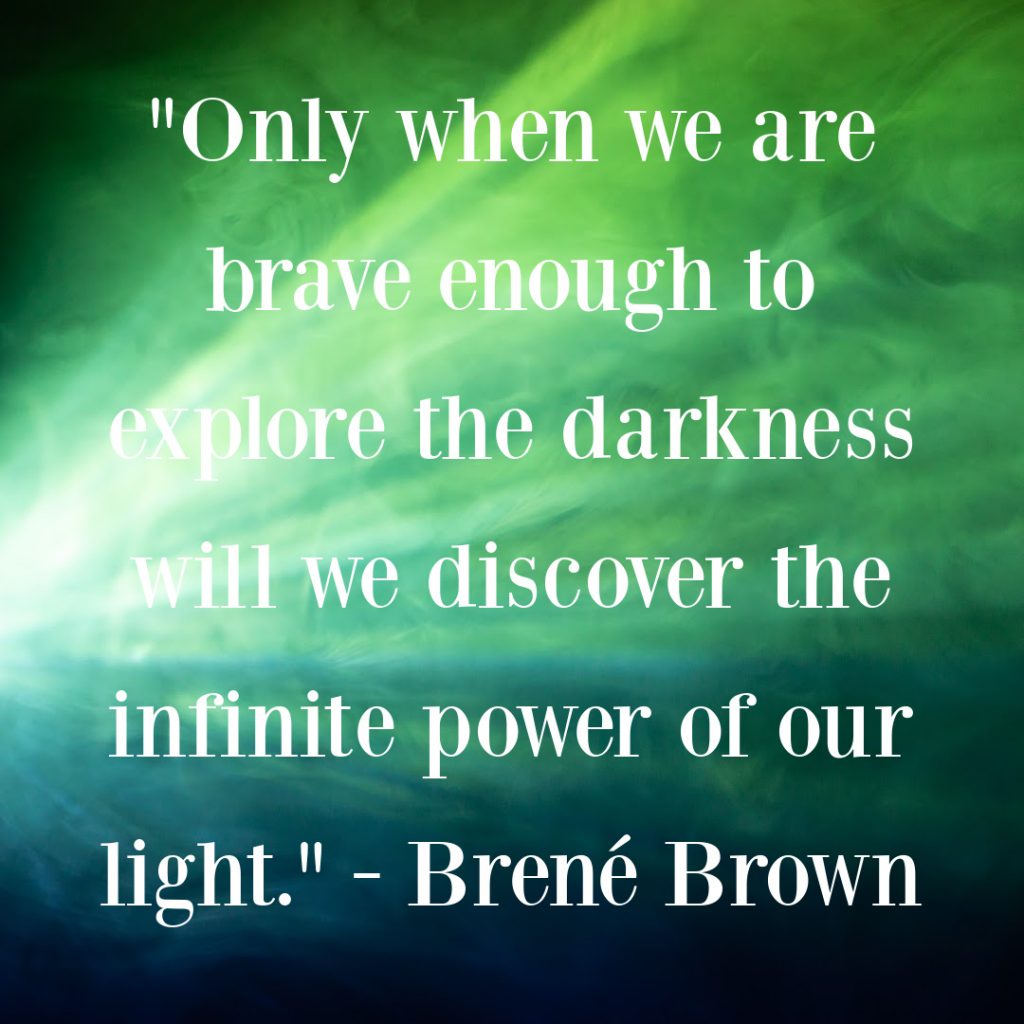In March, a woman in one of my small groups lost her mom in a sad accident. The death was unanticipated, and our group was still getting to know each other when the bereaved woman texted our group asking for prayer, but still I was surprised by our reaction to the tragedy: rather than the expected outpouring of love and sympathy, our group barely acknowledged the text. A few of us offered halfhearted condolences, but the message (and the whole situation) went largely unnoticed as we ignored or simply failed to the respond to our group member’s loss and pain.
I wish this incidence of apathy was an anomaly. Sadly, it appears to be a trend in my circles and in our world as a whole. In part, I think it can be attributed to empathy overload: we are exposed to so much sorrow, tragedy, and pain each day that we simply have no more compassion to offer. In past generations, individuals grieved the situations in their immediate circles: the loss of family members, the hardships of friends, perhaps the larger tragedies they learned about through alternate sources of information (largely word of mouth). Their hearts held capacity to mourn alongside other community members, and their schedules contained margin for demonstrating sympathy and uniting in grief.
In our modern hyperconnected times, our circles are wider: we have more acquaintances and therefore witness greater loss; we have more access to information about global tragedies that tug at our heartstrings; our souls are weighed down by more sadness than they were designed to carry. So when we are presented with yet another call upon our sympathies, we lack the energy and bandwidth to appropriately respond to the call.

There are many other possible reasons for my group’s failure to demonstrate compassion to our grieving friend. Some explanations are less than charitable (self absorption and laziness top that list), but perhaps the biggest reason we responded so poorly is that we just didn’t know what to say. We didn’t want to say something harmful or hurtful, so we didn’t respond at all.
I wonder if this would have been the case twenty or thirty years ago (assuming group texts existed then). Would we have kept our sympathies to ourselves for fear of saying the wrong thing? Or would we have offered our condolences, knowing our words may be inadequate or that there could be missteps in our approach, but willing to make such mistakes for the sake of our friend? I can’t speak for anyone else, but I know that I would have responded quite differently not so long ago. And the reason for my own silence? I have been told (through training videos and social media rants and books on what I should/shouldn’t do in _____ situation) how easily I might get it wrong. All those messages about what to say and how to act, not to mention my first-hand observation of people getting canceled for their missteps, has led me to filter my words to the point of muteness.
I have seen this reticence to speak up (or even reach out) in too many situations over the past few years, both in myself and all around me. And though some of this may be driven by selfish or fearful motives, I think much of this silence is a consequence of “too much conflicting information”:
- We have heard how easily interactions with someone of a different race can go sideways, so we avoid them altogether, leading to even further division.
- We have been told that saying “xyz” is offensive, so we keep our mouths shut, even when our silence is a far more hurtful approach.
- We know stories of people who have been traumatized by someone else’s unkind views, so we keep our opinions inside, where they fester without access to productive dialogue.
I worry that our over “enlightenment” has heightened our awareness to a land mine of potential drama and brokenness, one we choose to avoid by hiding away. We are safe from war within the bunkers of our reticence, but still the casualties mount: love, connection, and growth are all stifled by our shortsighted desire to avoid giving offense.
We assume our refusal to make waves is an act of kindness when in actuality it is a sorry excuse for disengaging with the world. It may be easier to just bite our tongues and stay in our own isolated lanes. But the easy path is rarely the best one, and I wonder if we may be willing to ease into the next lane—aware of the hazards, but motivated by desire for wholehearted engagement and unity that is God’s intended best for us.
Because the thing is, this side of Heaven, our lives will get messy. Our relationships will have conflict. We will do and say the wrong thing, unwittingly hurt others’ feelings, unintentionally get it wrong. But I just can’t believe that silence and disengagement are the answer. Avoiding sticky situations is an overcorrection far more detrimental than the pain we are attempting to avoid.

So here’s to saying and doing the wrong thing—because then, at least, we have tried. Feelings may be hurt, but wounded relationships, once acknowledged, are fertile ground for genuine healing and secure connection. And to my friend: I am so sorry you lost your Mom. I have no words to express my sympathy, and I cannot understand how you must feel. But please accept my sincere condolences. She was loved. You are loved. Let me walk with you through your grief. Let’s be messy, together.